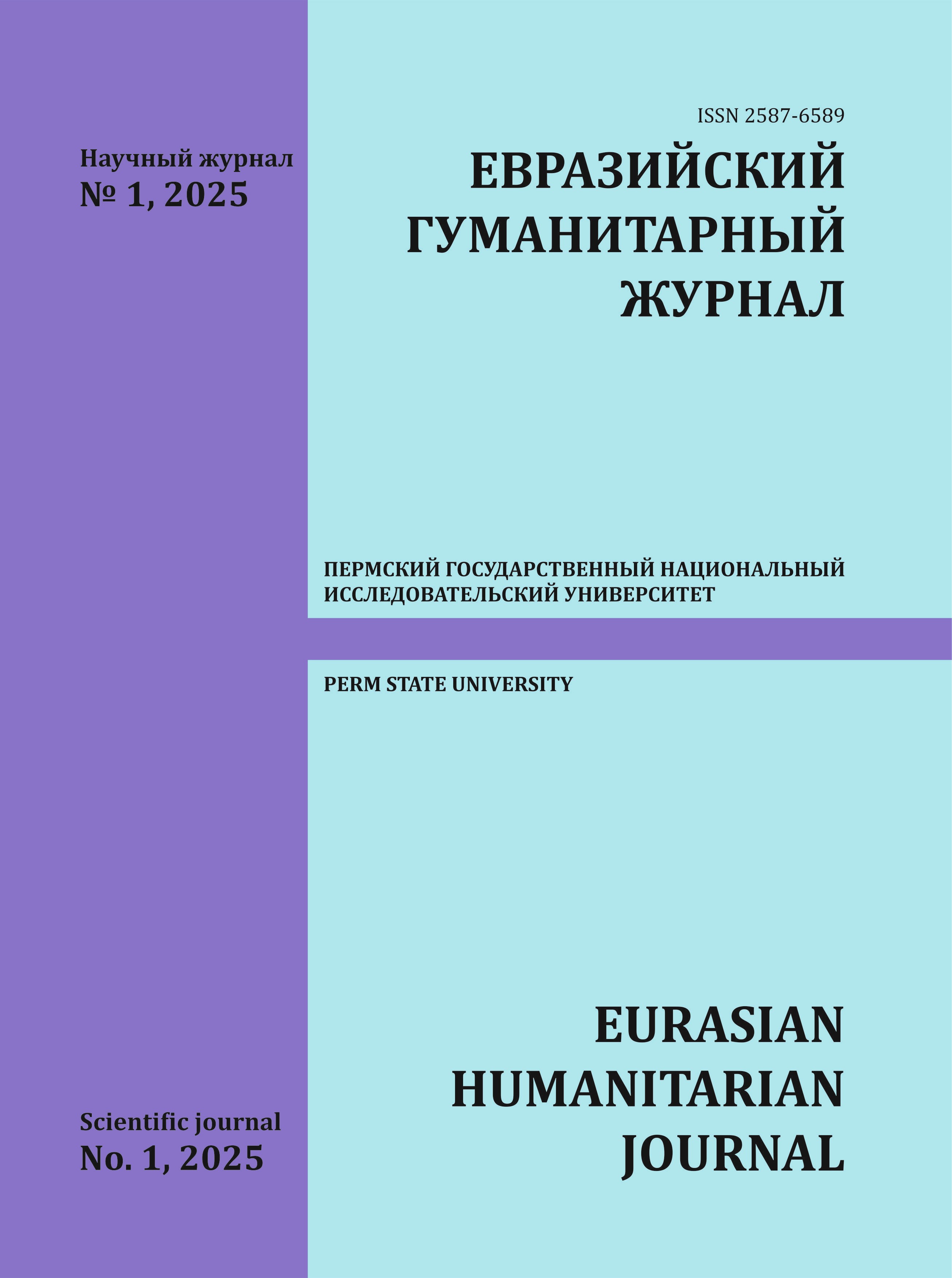РЕПРЕЗЕНТАЦИЯ КОНЦЕПТА «ИСКУССТВЕННЫЙ ИНТЕЛЛЕКТ» В НАЦИОНАЛЬНОМ КОРПУСЕ РУССКОГО ЯЗЫКА
Ключевые слова:
искусственный интеллект, концепт, национальный корпус русского языка, когнитивная лингвистикаАннотация
Статья посвящена исследованию концепта «искусственный интеллект» в русскоязычном дискурсе на основе анализа данных Национального корпуса русского языка. Когнитивная лингвистика, как одно из ключевых направлений современного языкознания, рассматривает концепт как сложное лингвоментальное образование, отражающее индивидуальные, коллективные и культурные представления. Искусственный интеллект является динамично развивающейся областью, оказывающей значительное влияние на различные сферы жизни, что делает его актуальным объектом лингвистического анализа. Основное внимание уделяется семантическому анализу употребления термина «искусственный интеллект» за период с 2003 по 2020 гг. Исследование выявило рост интереса к теме, начиная с конца 1990-х гг., что связано с развитием интернета и технологий. Наиболее часто термин встречается в учебно-научной литературе и публицистике, что свидетельствует о его активном использовании в академической и общественной дискуссиях. В художественной литературе тема искусственного интеллекта, по данным Национального корпуса русского языка, пока не получила широкого распространения. Выделено шесть семантических модулей, связанных с употреблением термина: этика, определение, искусство, технологии, наука и медицина. Наибольшее внимание уделяется этическим аспектам, что отражает озабоченность общества вопросами безопасности, морали и социальных последствий внедрения технологий. Также подчеркивается важность искусственного интеллекта в научных исследованиях и медицинских приложениях. Статья демонстрирует, что корпусная лингвистика является эффективным инструментом для изучения языковой репрезентации концептов, позволяя выявить тенденции в восприятии и обсуждении актуальных тем, таких как искусственный интеллект.Загрузки
Опубликован
2025-03-14
Выпуск
Раздел
ОБЩИЕ ВОПРОСЫ ЯЗЫКОЗНАНИЯ

